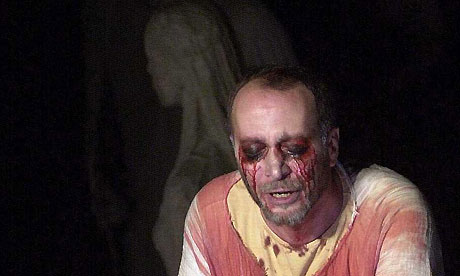ΠΗΓΗ: bankingnews.gr
Τα έξι σενάρια για το μέλλον της Ελλάδας και του ευρώ αναλύει η Citigroup στη νέα ανάλυση της, επισημαίνοντας ότι η κατάσταση έχει φτάσει σε ένα τέτοιο σημείο που η επίλυση των προβλημάτων φαίνεται πιο μακρινή από ποτέ.
Σενάριο 1: Διαχειρίσιμη η ελληνική έξοδος. Δεν θα μεταδοθεί η κρίση και δεν θα υπάρξει αναταραχή στην αγορά
Αυτό είναι από τα πιο ήπια σενάρια σχετικά με την έξοδο της Ελλάδας από το ευρώ, ενώ ο κίνδυνος μετάδοσης είναι πολύ περιορισμένος. Είναι πιθανό να υπάρξει βραχυπρόθεσμη αδυναμία του ευρώ, αλλά δεν θα υπάρξει απότομο sell-off. Η υποχώρηση του ευρώ θα είναι σχετικά σύντομη.
Από την άλλη μεριά, ορισμένοι υποστηρίζουν ότι το ευρώ θα ενισχυθεί μετά την έξοδο της Ελλάδας από τη Ζώνη, καθώς θεωρούν ότι θα είναι ισχυρότερη χωρίς τη χώρα. Μόλις η GREXIT συνέβη χωρίς ζημία, είτε λόγω της σωστής αντίδρασης των αγορών είτε λόγω των πολιτικών δεσμεύσεων, τα spreads θα μειωθούν και το ευρώ θα σημειώσει ράλι, κοντά στο 1,45 δολ. ή και παραπάνω.
